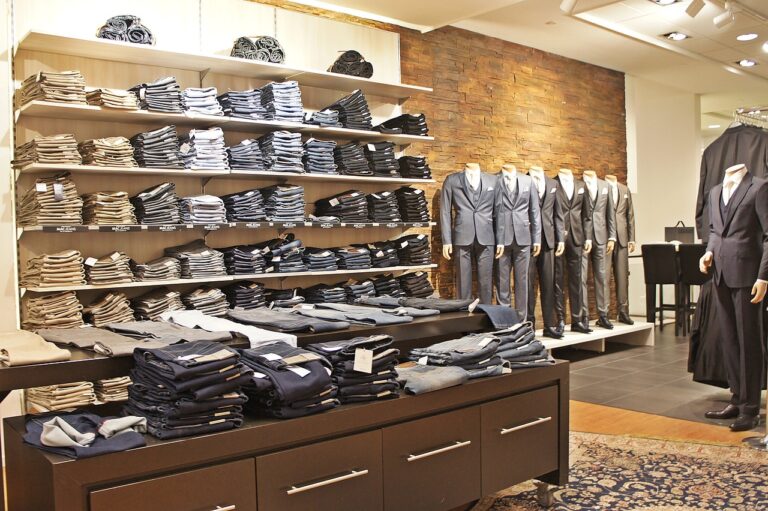The Psychology of Fashion Branding: Laser247, Lotus365, Sky247 login
Laser247, lotus365, sky247 login: Fashion branding goes beyond just selling clothes or accessories; it’s about creating a specific image and identity that resonates with consumers on a psychological level. By tapping into human emotions, desires, and aspirations, fashion brands can establish a loyal following and stand out in a crowded marketplace.
1. Understanding Consumer Psychology
At the core of fashion branding is an understanding of consumer psychology. Brands need to know what drives their target audience – their values, beliefs, and motivations. By understanding these psychological factors, fashion brands can create marketing campaigns and products that appeal to their customers’ emotional needs.
2. Building Brand Personality
Just like people, brands have personalities. By defining a brand personality, fashion brands can create a consistent image that resonates with consumers. Whether a brand is edgy and rebellious or classic and sophisticated, its personality should align with its target audience’s values and aspirations.
3. Establishing Emotional Connections
Emotions play a significant role in consumer decision-making. Fashion brands that can evoke positive emotions in their customers are more likely to create lasting connections. By telling compelling stories, using powerful visuals, and leveraging nostalgia, brands can build emotional connections that drive loyalty and repeat business.
4. Leveraging Social Proof
Humans are social creatures, and we tend to look to others for validation and guidance. Fashion brands can leverage social proof by showcasing customer testimonials, influencer endorsements, and user-generated content. When consumers see that others endorse a brand, they are more likely to trust and purchase from it.
5. Creating Scarcity and Exclusivity
Scarcity and exclusivity are powerful psychological triggers that can drive consumer desire. Fashion brands can create limited edition products, exclusive collaborations, and invite-only events to create a sense of urgency and exclusivity. By making customers feel like they are part of an elite group, brands can foster loyalty and excitement.
6. Evoking Self-Expression
Fashion is a form of self-expression, and consumers often use clothing and accessories to convey their identity to the world. Fashion brands that understand this desire for self-expression can create products and marketing campaigns that empower consumers to express themselves authentically. By tapping into this need, brands can build a loyal following of individuals who see their products as an extension of themselves.
FAQs
1. How can fashion brands use color psychology in branding?
Color psychology plays a significant role in branding, as different colors evoke different emotions and associations. Fashion brands can use color to convey their brand personality, evoke a specific mood, and appeal to their target audience. For example, red is often associated with passion and energy, while blue conveys trust and stability.
2. Why is storytelling important in fashion branding?
Storytelling is a powerful tool in branding, as it allows brands to create a deeper connection with consumers. By telling compelling stories about their brand values, heritage, and inspiration, fashion brands can engage customers on an emotional level and differentiate themselves from competitors.
In conclusion, the psychology of fashion branding is a complex and nuanced field that requires a deep understanding of consumer behavior and emotions. By leveraging psychological principles, fashion brands can create a strong identity, build emotional connections, and drive customer loyalty.







